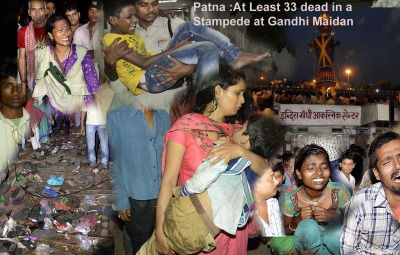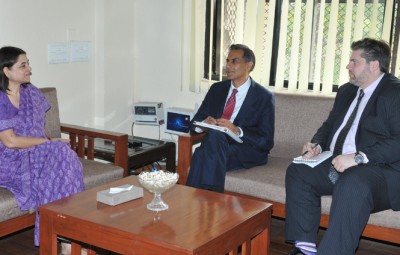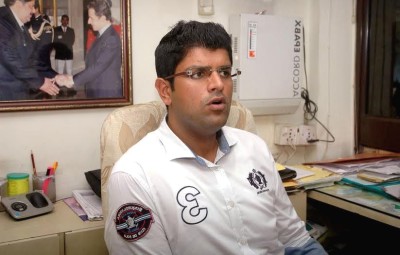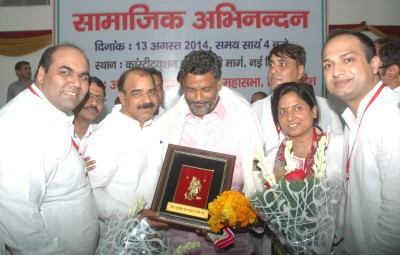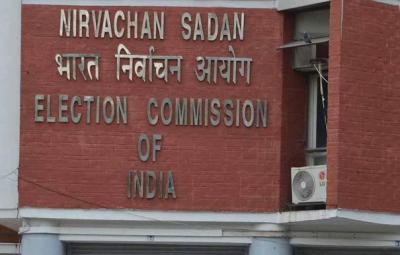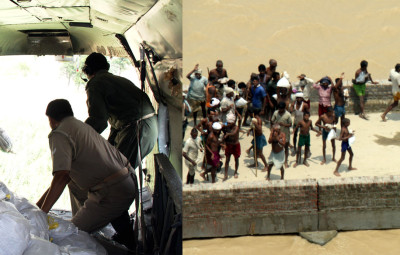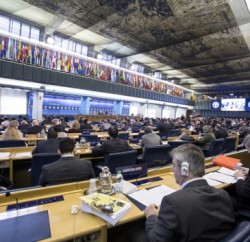UN News :- The top United Nations human rights official has urged the Government of Pakistan to reinstate its moratorium on the death penalty amid a sharp uptick in the number of executions in the country, the Organization’s human rights office reported today.
The Asian country cancelled its moratorium on the death penalty in the aftermath of the deadly Peshawar school attack in December 2014 which left over 100 people dead, the majority of whom were schoolchildren.
“Pakistan has gone from zero to 154 executions in just six months, making it the third most prolific executioner in the world,” UN High Commissioner for Human Rights Zeid Ra’ad Al Hussein stated in a press release.
“I share Pakistan’s outrage and grief at the senseless killing of 145 people, including 132 schoolchildren, by the Pakistani Taliban in December last year, but I am very disturbed that the response of the Pakistani authorities has been to execute just as many people in the six months that have passed since the massacre,” he added.
According to the Office of the UN High Commissioner (OHCHR), more than 8,000 people remain on death row in Pakistan, of whom approximately 800 were reportedly juveniles at the time of the offense. The Government initially lifted the moratorium only for terrorism-related crimes but in March 2015 ended the moratorium for all capital offences.
Mr. Zeid dismissed the idea that mass executions could deter the kinds of “heinous crimes” committed in Peshawar as “deeply flawed and misguided” and warned that such an approach risked compounding injustice as “no justice system in the world is infallible.”
“Experience has clearly shown that the use of the death penalty cannot and does not debunk violent extremist ideologies,” the High Commissioner continued. “More often than not, the masterminds and financiers of such attacks remain at large – and may even use examples of possible miscarriages of justice as tools to recruit more individuals to their twisted causes.”
To that point, he acknowledged the massive challenges faced by Pakistan in combatting terrorism but stressed that the country’s response must be rooted in international human rights law.
“The best deterrents of serious crimes lie in ensuring respect for the rule of law and due process; ensuring that those suspected of such crimes are promptly and properly investigated and prosecuted; and in ensuring that the authorities engage closely with the communities affected by such violence,” he concluded. “Compromising on human rights may foster a sense of impunity and injustice, potentially leading to increased radicalisation towards violence and ultimately undermining the effectiveness of counter-terrorism measures.”


